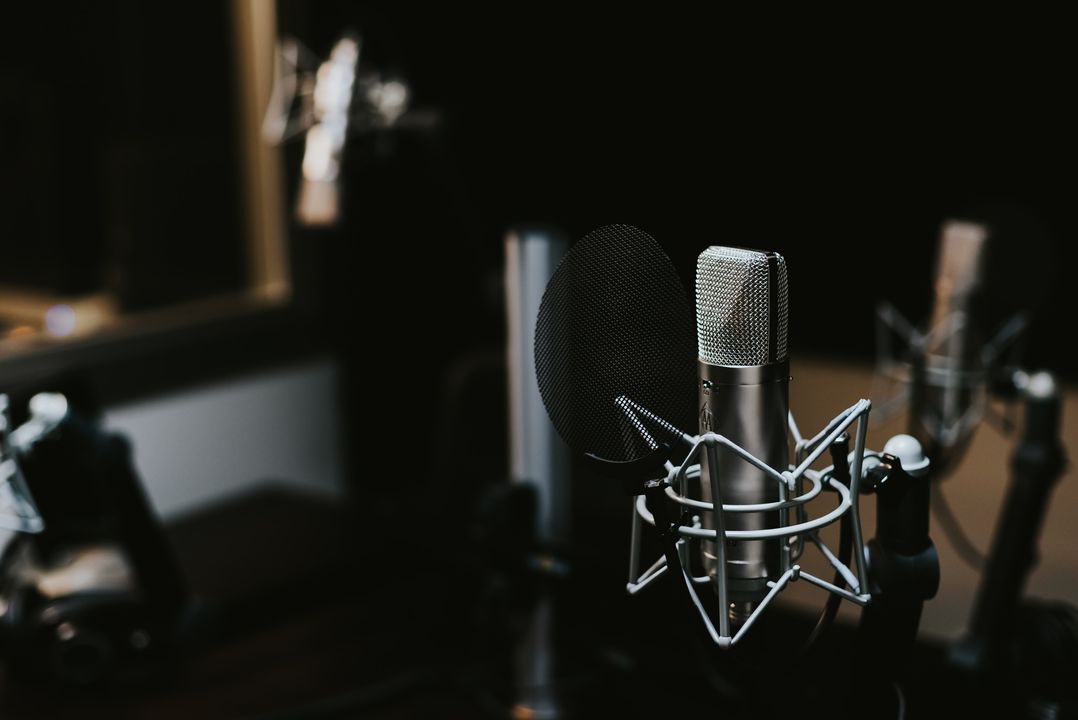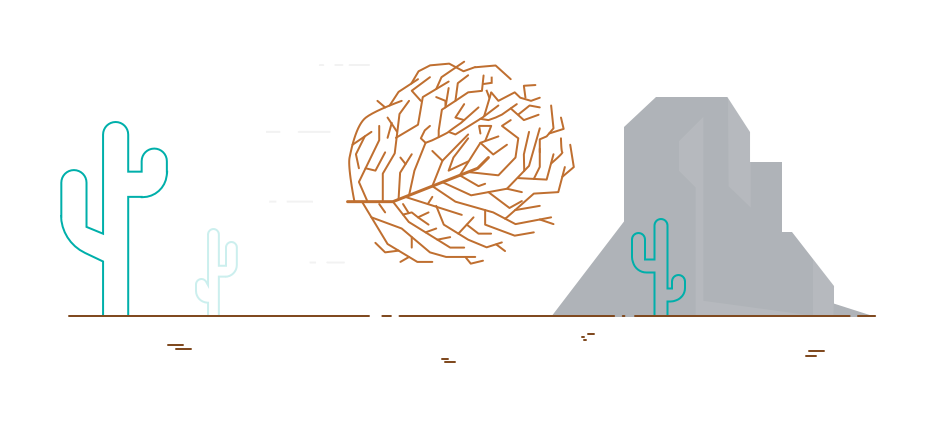How do I create a podcast transcript?
Podcasts enjoy great popularity. However, you still don't find transcripts for them that often. But why do you actually need a podcast transcript? And how do I create one?
Thanks to alugha, it is now possible to listen to podcasts, to enregister them as well as to trancribe and to multilingualise them

Read this article in: Deutsch, English, Français, Italiano, Русский, العربية
Estimated reading time:4minutes
As you already might have noticed, alugha now allows you to register podcasts, to transcribe and to mulitilingualise them. In the subsequent section, I explain to you why you absolutely should use the alugha-podcast-function.
Podcasts are becoming more and more popular -- and not without reason. Speaking to Die Welt, Michael Kruse, the managing director of Spotify Central Europe, said: "We've noticed that people seem to have grown tired of just looking at their display all the time." Listening, on the other hand, is more intense and you have the feeling of being there, Kruse said. Oliver Zöllner, a communication scientist, explained to Die Welt that music as an auditory medium has become accessible everywhere free of charge. For this reason, some consumers feel oversaturated and listening to music has become a sideline activity. This in turn leads to a new desire for the spoken word, which makes podcasts successful. In an interview with ZDF the media researcher Nele Heise explained that podcasts are also easy to use and thus easy to integrate into everyday life. Furthermore, Heise notes that podcasts are started especially by social minorities, such as people with a migration history or people from the LGBTQIA+ communities. For this reason, Heise sees the podcast medium as an opportunity for these people to have their say and share their perspective on the world.
Another reason to use podcasts is an inclusive one: the spoken word conveys informative, funny, inspiring, etc. information to the blind and visually impaired. A good reason to make the written word additionally audible.
So there are good reasons to use podcasts, but there are even more reasons to use alugha for your podcasts. As with all applications, alugha is first and foremost guided by its mission to offer multilingualism. So it is also possible to multilingualise the podcasts with just a few clicks -- true to the slogan #everyoneslanguage.
Another matter close to alugha's heart is to make podcasts accessible to the deaf and hearing-impaired. Those who already know alugha's videos are also familiar with the fast speech-to-text transcription. So get your podcast transcribed quickly and with little effort and make it an inclusive product.
If you have any further questions, we at alugha will be happy to help.
So, on with the podcasts, get set, go!
#alugha
#everyoneslanguae
#multilingual
Sources:
https://www.welt.de/kmpkt/article204165490/Das-steckt-hinter-der-Faszination-Podcast.html, 01.07.2021, 10:33
https://www.zdf.de/nachrichten/digitales/podcast-boom-100.html, 01.07.2021, 10:30
Photo: Jonathan Velasquez on Unsplash

Podcasts enjoy great popularity. However, you still don't find transcripts for them that often. But why do you actually need a podcast transcript? And how do I create one?
The year 2023 has started and the alugha team wishes you a happy, healthy and successful new year. We also have a tip for you: start your year multilingually!
Here at alugha, we love technology and leveraging it in creative ways for our users to provide unique features and a stellar experience.